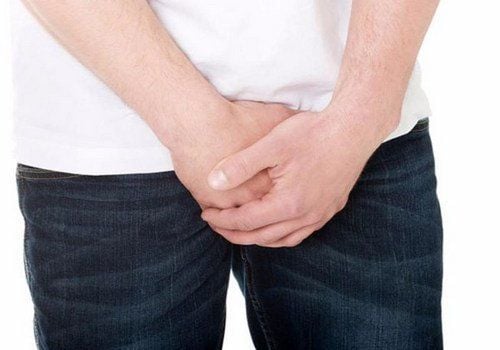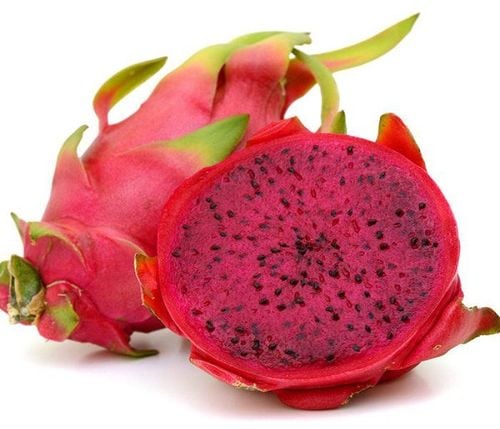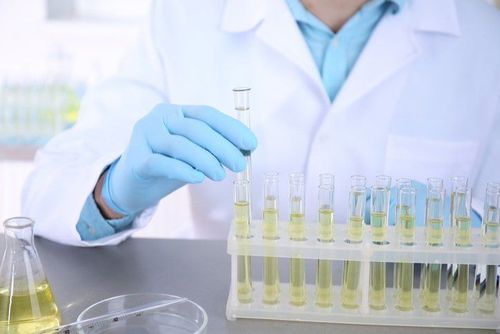Lithotripsy is a modern and widely applied method for treating kidney stones. Monitoring symptoms after lithotripsy is crucial for detecting and addressing unexpected complications or adverse events.
1. Back Pain After Kidney Stone Lithotripsy
Patients who have undergone kidney stone lithotripsy often experience mild pain or soreness in the back at the area of contact with the lithotripsy machine, as well as pain caused by stretching of the renal capsule and nearby organs (liver, pancreas, spleen). Typically, the pain is mild and gradually subsides over time. However, severe or worsening pain should raise concern for possible complications after lithotripsy.
Back pain after kidney stone lithotripsy with increasing intensity, a sensation of pain radiating to the back, and pain spreading to the groin and scrotum may indicate complications following the procedure.
2. Hematuria (Blood in Urine) After Kidney Stone Lithotripsy
Most patients may notice blood in their urine after lithotripsy, but usually it is minimal and resolves quickly.
Persistent hematuria after lithotripsy (potentially accompanied by painful or frequent urination) can indicate urinary tract injury, such as kidney bruising, ureteral or bladder mucosal abrasion, or unremoved stone fragments. Rarer complications include subcapsular renal hematoma, ureteral obstruction by fragmented stone debris, and urinary tract infections—all of which can present with hematuria.
Therefore, patients should monitor the color of their urine and inform their physician promptly of any changes to detect and treat dangerous complications in a timely manner.
3. Other Symptoms After Kidney Stone Lithotripsy
Some common signs after lithotripsy include:
- Fever, fatigue, loss of appetite: These may indicate a urinary tract infection (in the kidney, ureter, or bladder). If left untreated, such infections can lead to sepsis, septic shock, and serious consequences.
- Abdominal pain: Certain complications during or after lithotripsy—such as kidney rupture, bladder perforation, ureteral perforation, liver or spleen rupture—can cause severe abdominal pain. These situations require immediate emergency care as they can be life-threatening.
4. Post-Lithotripsy Care
After extracorporeal lithotripsy, patients need appropriate care and treatment to recover quickly, enhance treatment efficacy, reduce complications, and shorten hospital stays.
- Pain medication is often prescribed to alleviate discomfort following lithotripsy. Additionally, antibiotics may be given to treat or prevent urinary infections, depending on each patient’s situation.
- Patients are advised to drink plenty of water daily to help flush out stone fragments via the urine.
- Typically, patients can be discharged about two days after extracorporeal lithotripsy, and a follow-up appointment is scheduled to evaluate treatment results (usually three to four weeks later).
If any abnormal signs arise after lithotripsy, patients should contact their physician or promptly visit a medical facility for evaluation and management.
To arrange an appointment, please call HOTLINE or make your reservation directly HERE. You may also download the MyVinmec app to schedule appointments faster and manage your reservations more conveniently.













